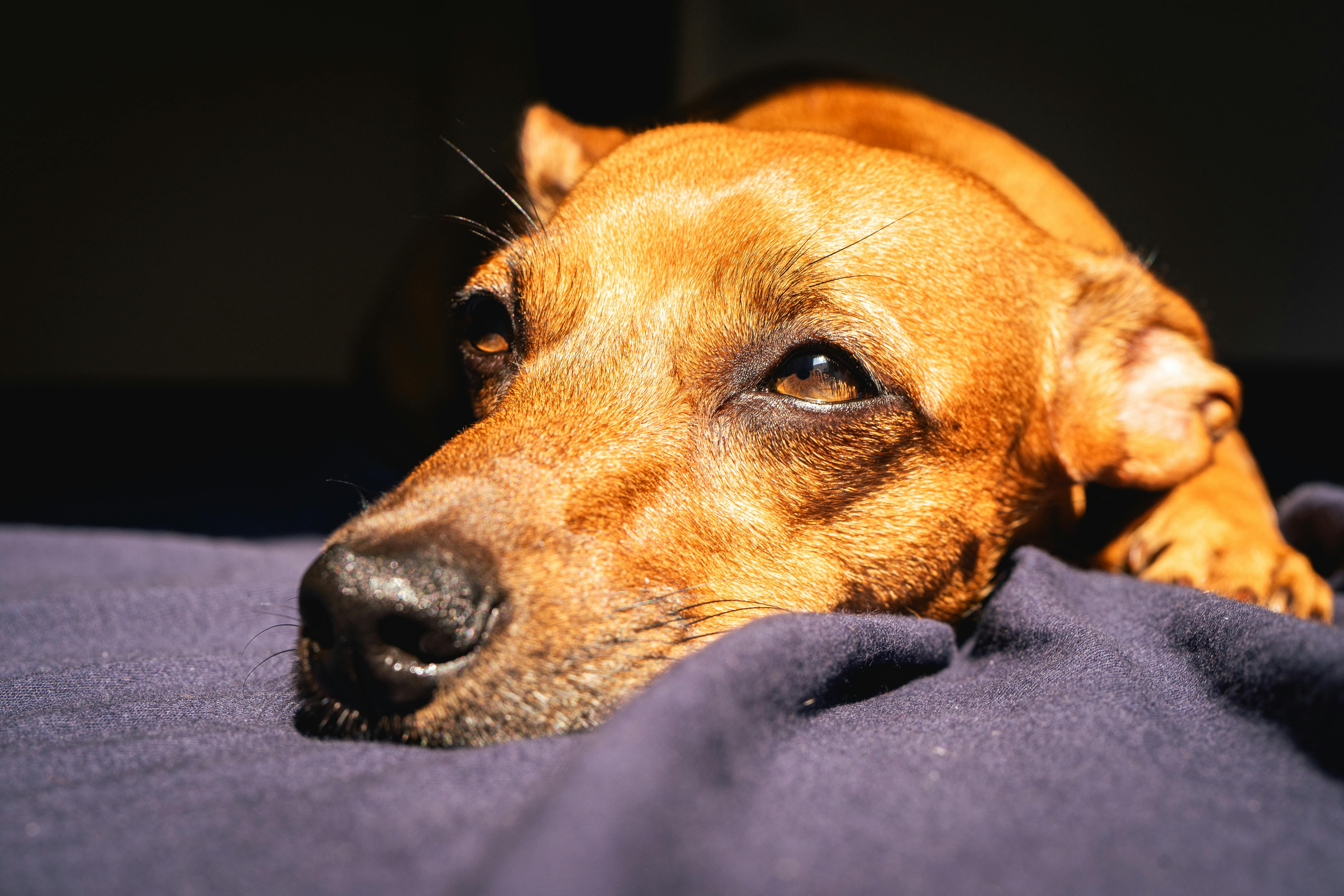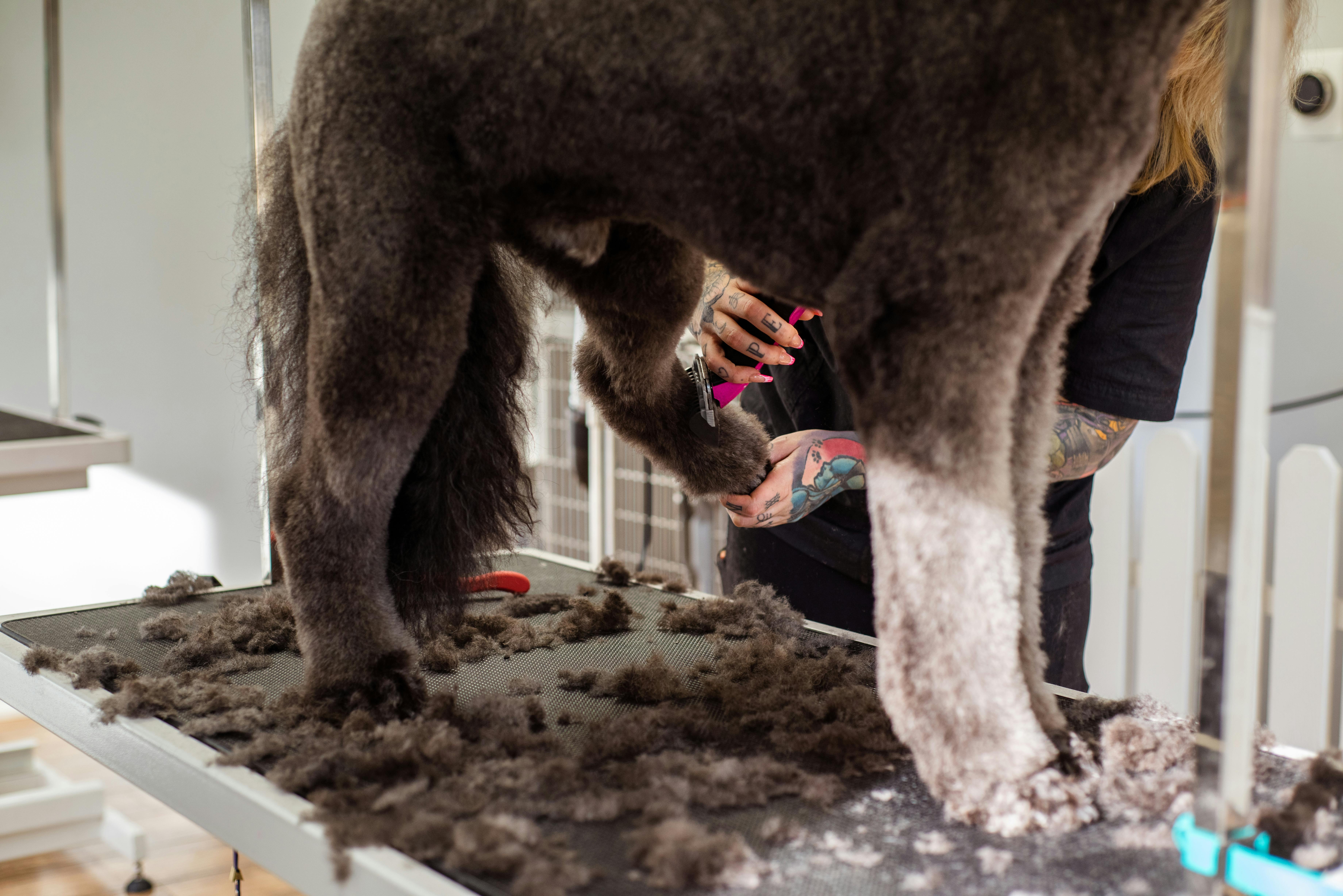
Smart Ways to Stop a Porn Addiction in 2025
Overcoming a porn addiction is a vital step towards reclaiming your mental health, self-esteem, and clarity in personal relationships. In today's digital age, the accessibility of pornography can make quitting feel daunting, but effective strategies are available to help break free from these habits. Understanding the psychological effects of porn, alongside practical tips for recovery, can empower individuals to take control of their lives and move towards healthier behaviors. This article will guide you through practical tips and support resources designed to aid your journey in overcoming pornography.
In this guide, we'll explore various coping mechanisms, lifestyle changes, and support structures to help you succeed in your recovery. We will also delve into tactics like setting boundaries for pornography use, identifying emotional triggers, and building healthy habits that can significantly enhance your recovery process. By the end, you'll have a comprehensive understanding of how to tackle your addiction and find sustained success.
Key Takeaways: Effective addiction recovery requires a multifaceted approach, including self-help techniques, professional therapy, emotional support systems, and lifestyle changes that promote healing. By understanding your motivations for change and implementing these strategies, you can successfully navigate the challenges of porn addiction.
Understanding Porn Addiction
To effectively break free from porn, it's crucial first to grasp what porn addiction entails. At its core, it involves compulsive behavior characterized by recurrent, intense cravings for pornography that can negatively impact one's life. Understanding the neuroscience behind porn addiction reveals its potential to hijack the brain's reward system, fostering dependency similar to substance abuse. Additionally, the emotional and mental repercussions—such as shame, guilt, and anxiety—can hinder one's capacity for healthy relationships and personal growth.
Recognizing these patterns is the first step towards recovery. This process often involves acknowledging the emotional triggers that fuel the addiction, such as stress or feelings of inadequacy. By building self-awareness regarding your pornography consumption—an integral part of recovery—you can begin to confront the underlying motivations that lead to continued use.
As we dive deeper, it's crucial to explore effective coping mechanisms, which can help individuals regain control. Establishing routines and engaging in healthy hobbies not only provides distractions but also enriches one’s personal growth experience. Let’s explore these practical strategies.
Setting Boundaries for Pornography Use
Establishing clear boundaries concerning porn consumption is a fundamental step in overcoming addiction. This can include defining specific times for online activities to ensure pornographic content isn't unintentionally accessed. Additionally, utilizing internet filters can significantly reduce exposure to triggering content, creating a safer environment conducive to recovery.
Creating a physical or digital space where the likelihood of encountering porn is minimal helps reinforce your commitment to quitting. For example, removing apps or bookmarks related to porn can aid in disrupting habitual patterns that often lead back to obsession. The goal of setting boundaries goes beyond avoiding triggers; it cultivates an emotional awareness that aids in recognizing moments of weakness.
Throughout your recovery, maintaining these boundaries may require ongoing reflection and adjustment. Engaging an accountability partner or discussing your journey within support groups can fortify your resolve, as sharing experiences facilitates communal support and understanding.
Dealing with Urges and Cravings
When confronting a porn addiction, one can expect to face intense urges and cravings. Implementing effective coping strategies is essential in managing these enticing impulses. Mindfulness techniques, such as guided meditations or deep breathing exercises, can serve as powerful tools for regulating emotions and curbing excessive urges. Mindfulness enhances emotional awareness, allowing individuals to pause and assess their feelings rather than impulsively reacting to temptation.
An alternative approach is to engage in replacement activities that redirect focus during cravings. Participating in physical exercises, pursuing creative outlets, or immersing oneself in productive tasks initiates a shift in attention that disrupts the habitual loop associated with porn consumption. Recognizing and understanding individual triggers is vital for creating a personalized plan tailored to maintaining awareness and actively managing impulses.
Engagement in community support—whether through online forums or local recovery groups—can reinforce coping strategies, encouraging individuals to share insights, personal narratives of recovery, and collective strength.
Therapy and Professional Help
For many, professional guidance plays a crucial role in effective porn addiction treatment. Engaging a therapist knowledgeable in addiction recovery can provide tailored therapy options that address unique emotional and psychological requirements. Cognitive Behavioral Therapy (CBT), for instance, has demonstrated efficacy in reshaping thought patterns and behaviors associated with porn use, empowering individuals to combat self-sabotaging tendencies.
Incorporating counseling into recovery adds layers of comprehensive understanding regarding the underlying issues driving addiction, such as stress management and self-esteem. Participating in group counseling can also foster community engagement, allowing individuals to share experiences and learn from others who face similar battles.
Moreover, personal success stories shared by others can serve as compelling motivation, highlighting that recovery is indeed attainable. Documenting one's progress through journaling can also foster self-reflection, helping individuals recognize milestones and setbacks throughout their journey.

Building Healthy Habits
Creating sustainable, healthy habits is a key component in breaking free from porn addiction. Prioritizing self-care, enhancing personal relationships, and enhancing productivity can significantly reshape one’s engagement with life and reduce compulsive behaviors. This involves replacing old habits with activities that foster growth, such as pursuing new passions or engaging in healthy hobbies that can enrich personal fulfillment outside of pornographic content.
Establishing routines that incorporate consistent exercise patterns, nutrition, and relaxation techniques can create a balanced lifestyle conducive to recovery. It’s also integral to focus on enhancing self-esteem through personal achievements, social interactions, and participation in community outreach programs. These lifestyle changes not only replace detrimental habits but also cultivate personal strengths, enhancing motivation to continue on the path of recovery.
In fostering healthy relationships, it's essential to communicate openly with partners and family members about your journey. This transparency can build a supportive network that reinforces commitment and accountability, significantly improving recovery outcomes.
Using Support Networks and Resources
Support networks are invaluable in the journey of overcoming addiction to porn. Engaging with online support groups and forums can provide a space for individuals to share experiences, offer advice, and find emotional support. This sense of community encourages individuals to stay committed to their recovery goals while minimizing feelings of isolation.
Additional resources, such as self-help books and workshop programs focused on addiction recovery, can offer deeper insights and alternative strategies for coping. Being part of a recovery circle allows individuals to connect with those who have successfully navigated similar challenges—providing both hope and practical guidance. Establishing an accountability partner or mentor can offer consistent encouragement and feedback, further bolstering personal success in recovery.
Self-Reflection and Personal Growth
A crucial aspect of overcoming porn addiction lies in engaging in self-reflection and striving for personal growth. Understanding one's motivations for engaging in porn consumption, such as emotional triggers or compulsive behaviors, provides vital insights that inform effective coping strategies. Regularly assessing progress toward recovery goals through journaling and self-awareness practices cultivates a mindset of continuous improvement and adaptability.
Integrative approaches, such as cognitive restructuring techniques and mindfulness practices, further enhance emotional awareness and resilience. Balancing life and recovery requires ongoing commitment, and confronting fears or self-imposed barriers is often central to fostering personal growth.
For long-term success, it is beneficial to define clear personal values that align with recovery goals. Establishing expectations for change requires individual commitment and a deep understanding of how feelings about addiction shape behavior. Recognizing unhealthy patterns and proactively addressing them can generate significant and enduring transformation.

Common Questions about Overcoming Porn Addiction
What are effective coping mechanisms for dealing with cravings?
Employing mindfulness practices, engaging in physical activities, and seeking community support are excellent coping mechanisms for managing urges and cravings.
How important is professional help in addiction recovery?
Professional help can be critical in providing tailored therapy and insights into underlying issues related to addiction, fostering a supportive environment for recovery.
What role do support networks play in recovery?
Support networks provide emotional strength, shared experiences, and resources that can help bolster commitment and accountability during the recovery process.
Can lifestyle changes support my journey to quit?
Absolutely! Building healthy habits, engaging in new hobbies, and prioritizing self-care are essential lifestyle changes that can significantly aid recovery efforts.
How can I measure progress in my recovery journey?
Keeping a journal of your experiences, setting achievable goals, and reflecting on both milestones and setbacks are effective ways to gauge your progress.